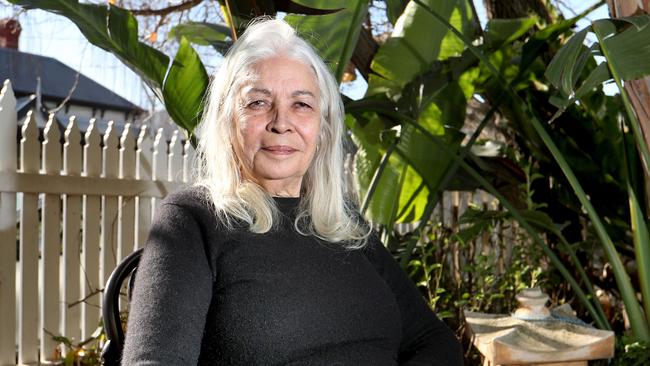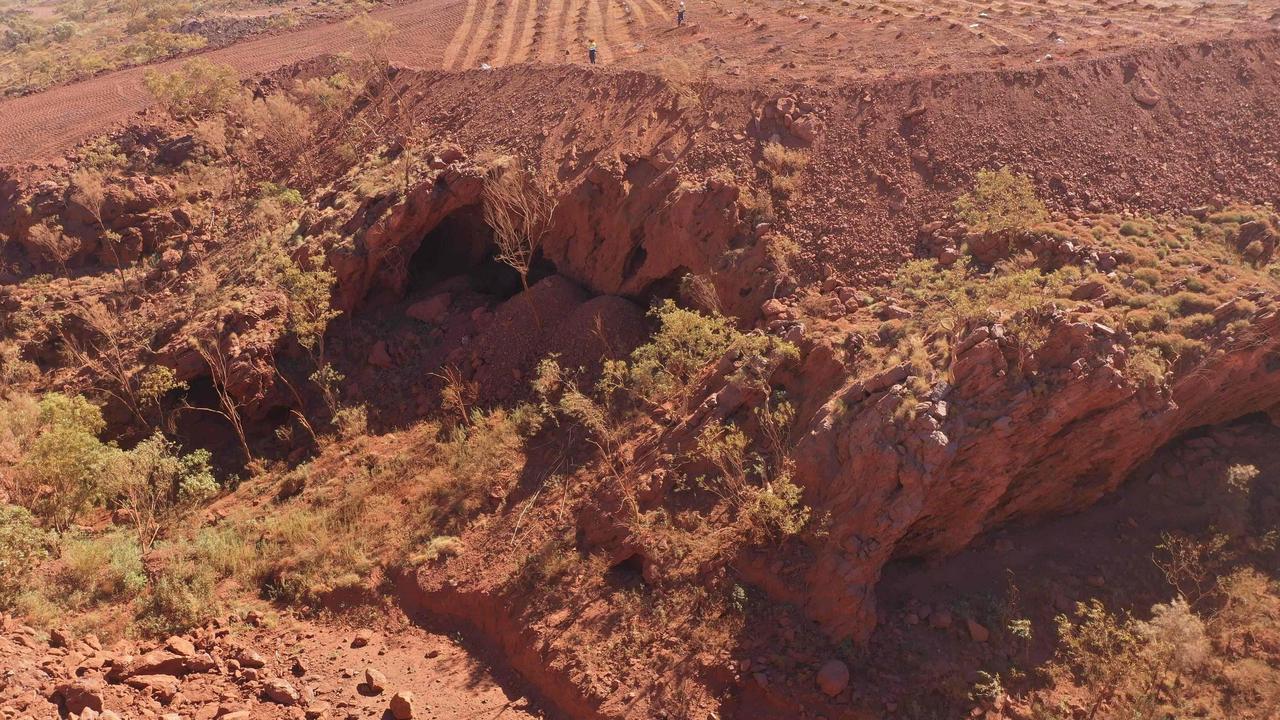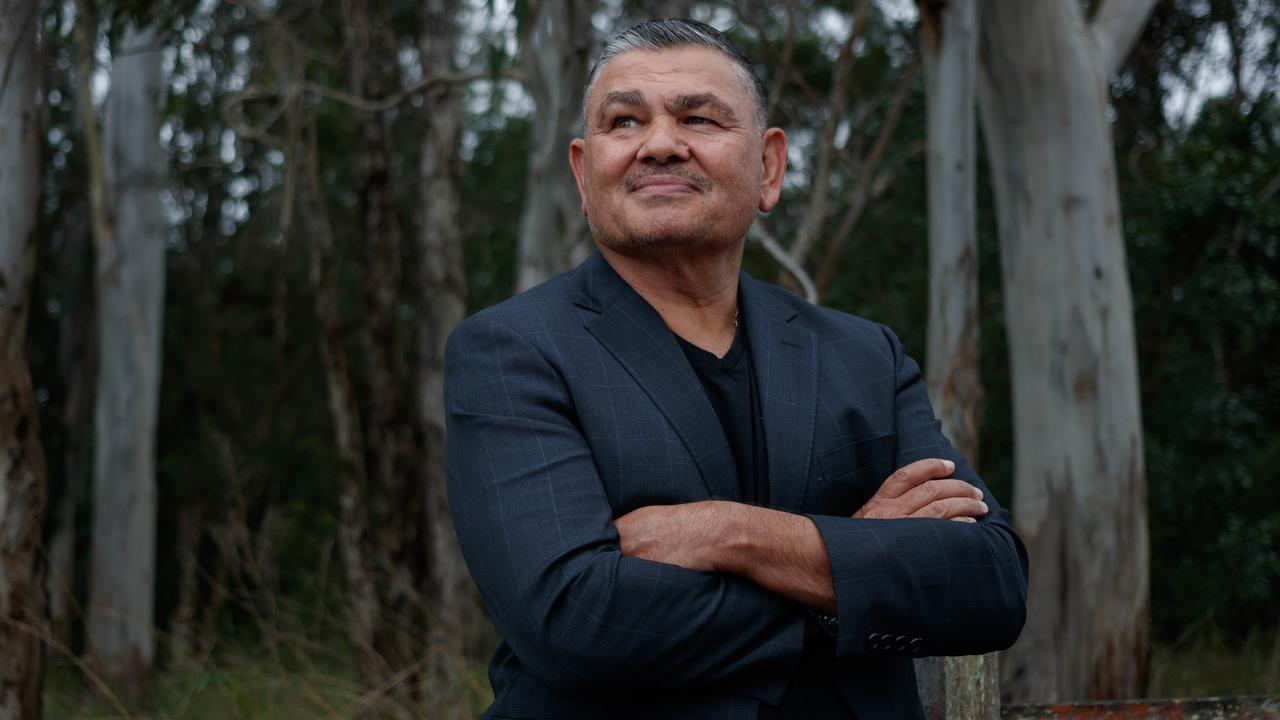Government eyes separate domestic violence action plan for Indigenous women
The government is working to create a separate plan focused on practical solutions addressing issues faced by Indigenous women.

A national strategy to end violence against women and children will include a separate action plan for Indigenous Australians to ensure safety outcomes are achieved and allow community leaders to lead the design and delivery of targeted programs.
In a speech opening the two-day women’s safety summit on Monday, Scott Morrison said Aboriginal and Torres Strait Islander people “should rightfully determine the best way to close the gap” through the national plan.
With Indigenous communities traditionally reporting higher rates of domestic, sexual and family violence, The Australian understands the government is working on a concept that would include a separate plan focused on practical solutions addressing issues faced by Indigenous women.
Senior Indigenous leaders including Marcia Langton and June Oscar on Monday again called for a separate plan in response to the unique challenges faced by their communities.
Professor Langton said a single mainstream plan had led to “unintended consequences” in Indigenous communities, where women suffer disproportionately high rates of violence.
“The national plan does not work for us,” she said. “Let me be very clear about this. Nobody listens to us. They talk over the top of us and tell us what we’re going to have in our communities.”
Social Services Minister Anne Ruston, who will deliver the closing address alongside Minister for Women Marise Payne on Tuesday, appointed a 13-member Aboriginal and Torres Strait Islander advisory council in July to help inform the government on the national plan. The 10-year strategy, which will be finalised before the end of the year, is expected to include a general action plan and a separate focus on Indigenous women’s safety.
In his keynote address to the women’s safety summit, which follows a series of high-profile cases including Brittany Higgins’ alleged rape in Parliament House, the Prime Minister said the national plan must be “connected and integrated with other national strategies so that the sum of our collective efforts is greater than the parts”.
“The CTG (Closing the Gap) agreement sees us working in partnership with Aboriginal and Torres Strait Islander representatives, not only to reduce family and domestic violence by 50 per cent by 3031 as we progress to zero, but on all the priorities identified in the national agreement, identified by Aboriginal and Torres Strait Islander people,” Mr Morrison said.
Ms Oscar, the Aboriginal and Torres Strait Islander Social Justice Commissioner, echoed Professor Langton’s calls for a First Nations-led response.
“It is clear from everything said today, Indigenous women require a standalone plan,” Ms Oscar said.
Mr Morrison used his speech to concede Australia had been too slow at changing a culture where women “do not feel safe”.
“There is no excuse. And sorry doesn’t cut it. It is not a new problem and it is not a simple problem. But Australia does have a problem,” he said.
Mr Morrison – who read out emails and letters he had received from women who had disclosed the abuse they had experienced – said every Australias had a responsibility to “strive to be better”.
Sexual assault survivors and advocates Grace Tame and Saxon Mullins questioned whether Mr Morrison had received permission to share the disclosures in public.



To join the conversation, please log in. Don't have an account? Register
Join the conversation, you are commenting as Logout